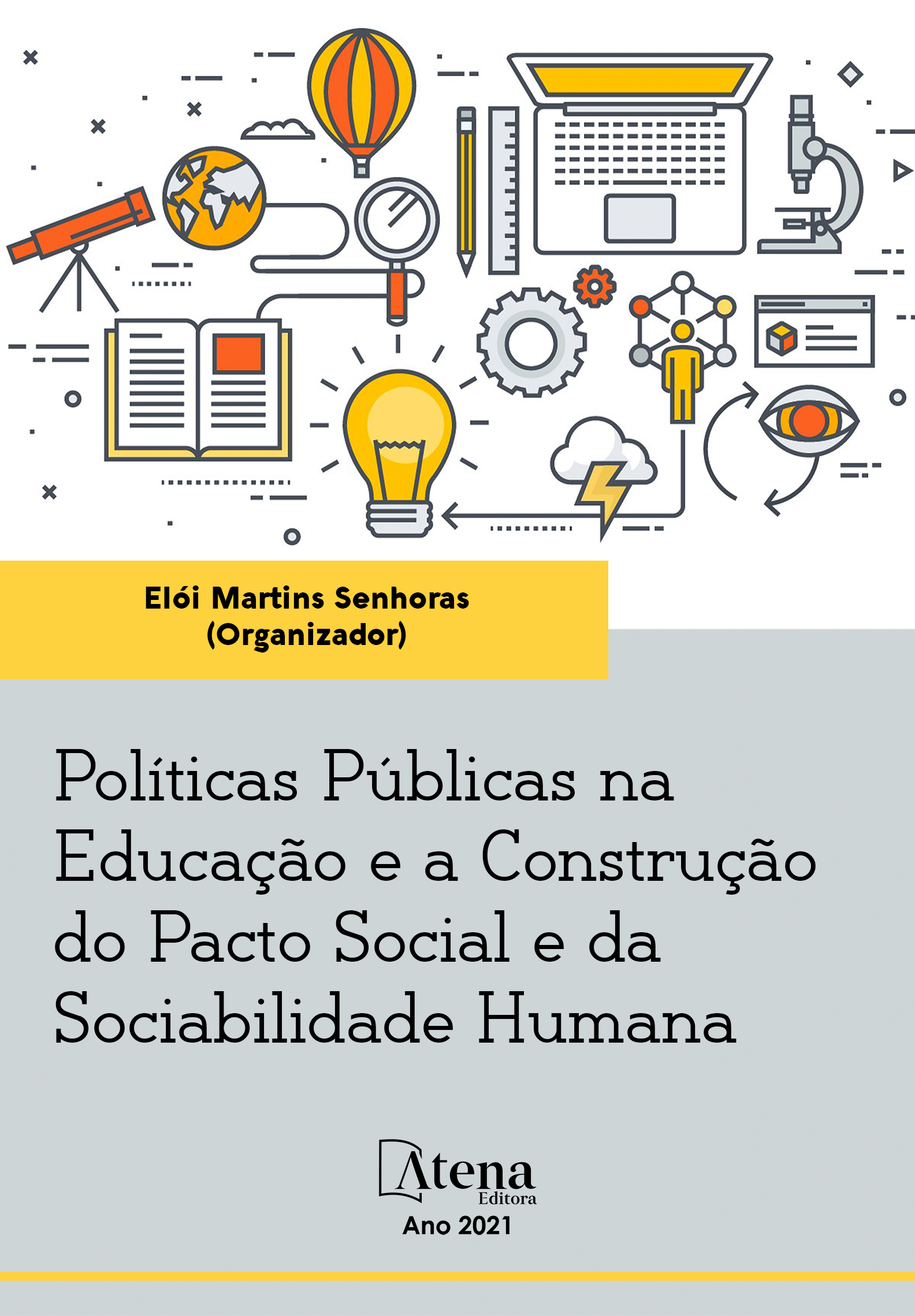
A EDUCAÇÃO DE REFUGIADOS NO ESTADO DO RIO DE JANEIRO EM 2017: O CASO DAS CRIANÇAS CONGOLESAS NO MUNICÍPIO DE DUQUE DE CAXIAS
Este artigo origina-se de um estudo monográfico e tem por finalidade apresentar o resultado de um primeiro mapeamento sobre a educação para estudantes refugiados no município de Duque de Caxias/RJ, realizado na segunda metade de 2016 e início de 2017. O objetivo deste trabalho foi compreender se os estudantes refugiados congoleses que chegavam ao Estado do Rio de Janeiro eram bem acolhidos em sala de aula brasileira, visto sua cultura e língua serem totalmente diferentes da cultura e língua brasileira. Escolhemos o município de Duque de Caxias por ser o município que mais recebe estudantes refugiados no Estado do Rio de Janeiro devido ao baixo custo de vida e por existir uma comunidade congolesa na região. A metodologia utilizada foi de caráter qualitativo, entendendo que pesquisa qualitativa trata-se de uma pesquisa com caráter interpretativo, com enfoque na ação do sujeito, enfatizando instrumentos de coleta como entrevistas. Como técnica de análise de dados nesta pesquisa utilizamos a triangulação entre o levantamento bibliográfico, a entrevista com a Pedagoga e com a interprete oficial das mães refugiadas congolesas – ambas da instituição que recebe e acolhe os refugiados no estado, a Cáritas Arquidiocesana do Rio de Janeiro – e análise de documentos oficiais que regem a educação, sendo eles, no âmbito municipal o Plano Municipal de Educação de Duque de Caxias de 2015, e no âmbito nacional a Lei de Diretrizes e Bases da Educação de 1996 e o Plano Nacional de Educação de 2014. Como resultados da pesquisa pontuamos que a inserção do estudante refugiado congolês na escola brasileira é feita sem levar em conta suas dificuldades comunicativas (sua língua materna é o francês) com a língua portuguesa, provocando um consequente isolamento em sala e exclusão por parte dos colegas de classe.
A EDUCAÇÃO DE REFUGIADOS NO ESTADO DO RIO DE JANEIRO EM 2017: O CASO DAS CRIANÇAS CONGOLESAS NO MUNICÍPIO DE DUQUE DE CAXIAS
-
DOI: 10.22533/at.ed.2842101191
-
Palavras-chave: Educação de Refugiados, Dificuldades de Aprendizagem, Inclusão em Educação.
-
Keywords: Refugee Education, Learning Disabilities, Inclusion in Education.
-
Abstract:
This article originates from a monographic study and aims to present the result of a first mapping on education for refugee students in the municipality of Duque de Caxias / RJ, carried out in the second half of 2016 and early 2017. The objective of this work was to understand if Congolese refugee students arriving in the State of Rio de Janeiro were welcomed in the Brazilian classroom, as their culture and language are totally different from Brazilian culture and language. We chose the municipality of Duque de Caxias because it is the city that receives the most refugee students in the State of Rio de Janeiro due to the low cost of living and because there is a Congolese community in the region. The methodology used was of a qualitative nature, understanding that qualitative research is a research with an interpretative character, focusing on the subject's action, emphasizing collection instruments such as interviews. As a data analysis technique in this research, we used the triangulation between the bibliographic survey, the interview with the Pedagogue and with the official interpreter of Congolese refugee mothers - both from the institution that receives and welcomes refugees in the state, Cáritas Arquidiocesana do Rio de Janeiro - and analysis of official documents that govern education, being, at the municipal level, the Municipal Education Plan of Duque de Caxias of 2015, and at national level, the Education Guidelines and Bases Act of 1996 and the National Education Plan of 2014. As a result of the research, we point out that the insertion of the Congolese refugee student in the Brazilian school is done without taking into account his communicative difficulties (their native language is French) with the Portuguese language, causing a consequent isolation in the classroom and exclusion by the students classmates.
-
Número de páginas: 10
- Maicon Salvino Nunes de Almeida


